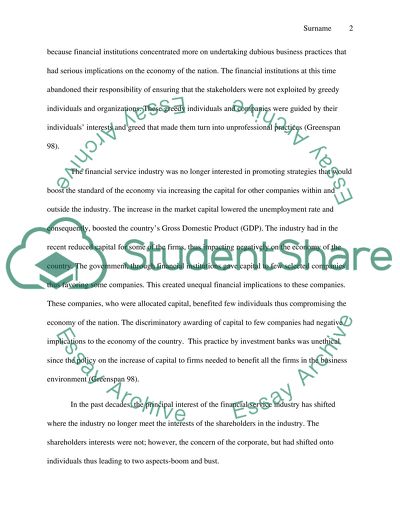Cite this document
(Ethic and Critical Thinking Movie Review Example | Topics and Well Written Essays - 2377 words, n.d.)
Ethic and Critical Thinking Movie Review Example | Topics and Well Written Essays - 2377 words. Retrieved from https://studentshare.org/finance-accounting/1595483-ethic-and-critical-thinking
Ethic and Critical Thinking Movie Review Example | Topics and Well Written Essays - 2377 words. Retrieved from https://studentshare.org/finance-accounting/1595483-ethic-and-critical-thinking
(Ethic and Critical Thinking Movie Review Example | Topics and Well Written Essays - 2377 Words)
Ethic and Critical Thinking Movie Review Example | Topics and Well Written Essays - 2377 Words. https://studentshare.org/finance-accounting/1595483-ethic-and-critical-thinking.
Ethic and Critical Thinking Movie Review Example | Topics and Well Written Essays - 2377 Words. https://studentshare.org/finance-accounting/1595483-ethic-and-critical-thinking.
“Ethic and Critical Thinking Movie Review Example | Topics and Well Written Essays - 2377 Words”, n.d. https://studentshare.org/finance-accounting/1595483-ethic-and-critical-thinking.


